STEM = Science, Technology, Engineering & Math
Brief Points to Importance of Early Success in Math
A new issue brief developed by EdSource found dramatic gaps in fundamental math skills among California’s student populations in the 2nd grade, and points to research showing these gaps are foreshadowed even earlier. More troubling, the report found that the gaps that have emerged by second grade tend to persist over time.
The brief found that while more students of every ethnicity are scoring proficient or advanced on California Standard Tests (CST) in 2010 compared to 2003, large achievement gaps exist among groups of students very early on in their schooling, and that these gaps persist overtime.
“These gaps mean that large numbers of Latino and African-American students do not have the foundational math skills to succeed in college-ready curriculum that begins with algebra,” said Mary Perry, Deputy Director of EdSource, and one of the authors of the report.
The brief also points to research that suggests early gaps could be reduced by well-designed pre-school programs combined with other interventions and supports as students transition to formal schooling, leading to improved school readiness and student performance later in school, particularly among those students at greatest risk of poor academic performance.
“Foundational math skills readily grow out of guided play and other activities appropriate for children even in their earliest years. Creative early education builds on the rapid brain development that occurs in the early years of life, familiarizing children with basic ideas — like counting, understanding magnitudes or categorizing objects — that provide an important foundation for later learning,” says Sherry Novick, Executive Director of the First 5 Association of California.
“As a state, we need to attack this problem of early-readiness head-on. Parents and policymakers need to pay attention to these findings and ensure that policies are put in place that can make a difference in ensuring a brighter future for all of California’s students,” says Chris Roe, CEO of CSLNet.
The brief also points out that California does not have a common measure or any statewide data when it comes to measuring school readiness for kindergarten. The state is, however, working on piloting a common school readiness assessment that would be voluntary.
The brief also points to the critical role that teachers and school administrators play in improving math proficiency during the early grades. This is of particular concern as it relates to the nearly 4 in 10 California 2nd graders who are English-language learners. To put students on a path to stronger math performance, elementary and middle grades educators should focus on ensuring students develop the strong skills and understanding of key concepts that are foundational for algebra, such as fluency with whole numbers and fractions, plus aspects of geometry and measurement.
The new Common Core Standards for mathematics hold out hope for improving early outcomes for students but their implementation will require extensive professional development for elementary and middle school teachers, according to the brief. (July 21, 2011, EdSource)
Helpful Resources:
2012 Guide to STEM Funding Opportunities
